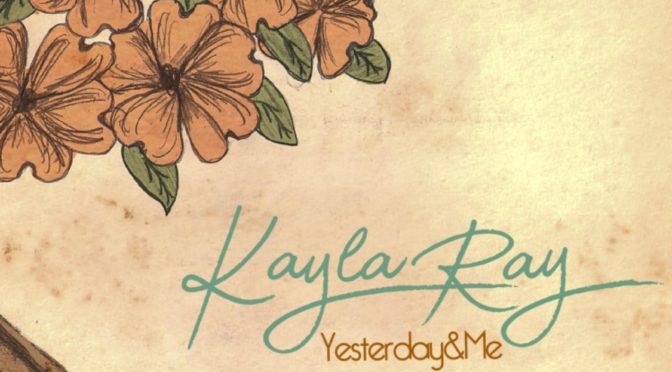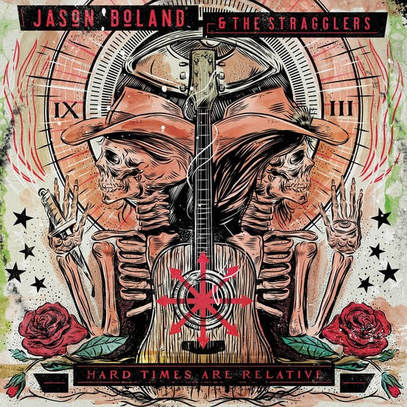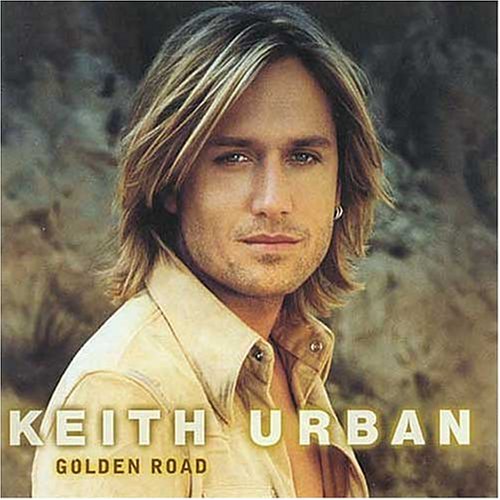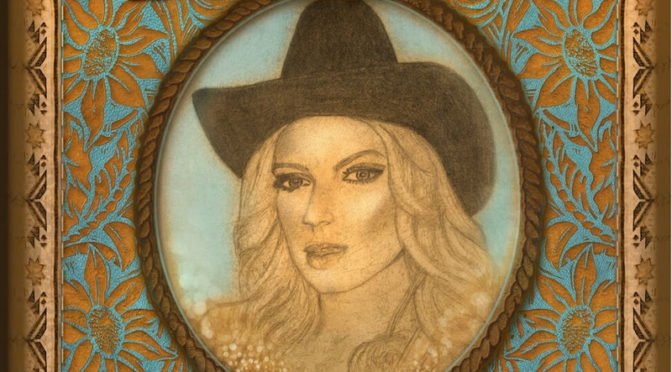This is something I’ve been thinking about for awhile, but which was most recently inspired by Zack, of about a thousand outlets but currently of The Singing Wilderness, as one of his main focuses there, after being more of a “critic” with The Musical Divide, is now to step back and be a “music fan.” It’s a question I’ve thought about at different times and once felt it was a difficult line to walk, and it’s probably different for each reviewer/critic/blogger/etc., but for me, I think the key is to be both. I don’t think they have to be separate, and indeed, separating them results in dishonest, unhelpful criticism.
There is a statement on our About page specifically saying I am not a critic with ideas of what country “should” sound like, but rather a music fan disheartened by the lack of substance and country sound in the country genre. Although that was written in 2015, and my thoughts about the genre thing have changed quite a bit, the point is still the same. I am a music fan, and that’s what prompted me to begin this journey. I was a disenchanted country fan, and I was discovering all these cool underground/independent artists that needed more attention, that needed to be exposed to people like me who felt they were losing the music they loved. It’s as a fan that I was disheartened by Zac Brown’s change of direction on Jekyll + Hyde, and as a fan that I was comforted by the sound of him returning the band to their roots on Welcome Home but was ultimately underwhelmed by it. It’s as an unapologetic Ashley Monroe fan that I can say Sparrow is a disappointing album because the problems can be summed up in the fact that the style doesn’t flatter the Ashley Monroe we’ve all come to love.
It’s also as a music fan that I wrote about the latest Brothers Osborne album–I can see the criticisms with it in a technical sense, and I could have written a review like that, but it wouldn’t have been an honest assessment of my thoughts on the music. I love that record, and even now, I’m wondering why I gave it an 8.5 only when I can see nothing wrong with it as a listener. It will be one of my most played albums of the year, and if I’d been totally honest with myself, I would have rated it even higher. Honesty is the bedrock upon which Country Exclusive was founded–because traditional country, pop country, Texas country, Americana, all of them lack a shocking amount of honesty right now–and that was one time I didn’t follow my own advice completely. But ratings are nothing more than a helpful tool anyway, and my review reflects how I felt; I love that album despite the technical flaws that exist. We should all strive to write as music fans first because it makes us more honest, it reflects a true diversity in opinions about music, and it’s boring to live in an echo chamber. It makes a “critical consensus” more impressive if we seek to write and review this way because if we all end up agreeing, we know the music has to be incredible, rather than knowing we all agree because of some ill-conceived mindset where we feel like we have to do so and share the exact opinions of everyone else.
That said, why does writing or talking about music as a fan need to be different from being a critic? Whether we write a lengthy review or record a YouTube reaction, or whether we just sit down and listen to an album as a fan of good music, we’re all critics in a sense. Yes, we’re all critics, you read that right. When you put in the aforementioned Ashley Monroe record and think, “I don’t like this polish,” whether you write down a thousand-word review on it or not, you’ve made a critical assessment about that album. This goes back to the recent article about reviews and artist’s mental health, and the ultimate reason that article is ridiculous is that everyone listens to music with a critical ear. We all gravitate toward certain sounds and styles, and none of us think everything is good or enjoyable. If we eliminate critical reviews, all we’re doing is lying to ourselves because music fans are making critical decisions on their own just by listening. Not everyone is ever going to like everything you record, and music criticism by reviewers is simply a more in-depth opinion given by one listener. The value of criticism itself is something I could write a whole other piece on, but the tag line of this blog best illustrates it–“the most destructive criticism is indifference.” The worst criticism you can give art is to ignore it, especially in today’s cluttered marketplace, and moreover, calling everything good and giving participation trophies only creates an echo chamber where nothing is praised and rewarded for its quality–the other half of this quote, originally from RC Edwards, was, “that’s a recipe for bad art” in response to a tweet that condemned negativity in reviews. Again, that’s a different tangent entirely, but the truth is that we’re all critical of music if we’re listening to it beyond meaningless, disposable background noise and treating it like the wonderful art form that it is, and to deny that reality is a lie and cheapens the value of music.
Writing and talking about music, though, does tend to make you a more open-minded listener and a better critic, or at least it should. It broadens your perspective and allows you to see what others see in things, even if you can’t see those things yourself. It allows you to go from, “I don’t like this polish” on Ashley Monroe’s record to really understanding why you don’t; it’s as a fan that I can say it doesn’t suit Ashley Monroe, and as a critic that I can understand the appeal for some–the songwriting on that record is superb, and if you’re a fan of the style, you might really enjoy it. It’s as a fan that Brandi Carlile’s latest hasn’t held up for me, but as an open-minded critic/reviewer that I can see its appeal. As a music fan, Gretchen Peters’ latest album is too depressing for me, but there’s not much inherently “wrong” with it. It will end up being featured in Memorable Songs because I have nothing to say as a reviewer other than, “this album depresses the ever-loving hell out of me,” but I can understand how many would love it, especially if they’re in the right mindset. Critic and music fan are really just two sides of the same coin–if I write a glowing review about Peters because I feel like I have to, it’s not honest and erodes my integrity, but if I write a scathing indictment about how it’s bad because it depresses me, this is unfair to the quality of the art, as well as to the people who may really enjoy this. I said I wanted to use this outlet to promote deserving artists, and if I exclude Brandi Carlile and Gretchen Peters from this because of a matter of taste, that makes me nothing more than a fan promoting my favorite artists.
At the end of the day, we all became reviewers/critics because we were music fans. We’d have to be in order to have any desire to listen to all this music, much less to write about it or talk about it at length. If you lose sight of that as a critic, you need to step back and think about who you are as a listener and why you’re doing this in the first place. At the same time, as fans, we are all automatically critics, and this is displayed in our tastes in vocals, instrumentation, lyrics, or which of those elements matters to us most when we listen to a piece of music. We cannot be one without the other, and this is how we should talk about music. If you can’t admit to liking something despite its flaws or what the rest of the echo chamber thinks, you’ve lost sight of the love for music and the unique perspective your opinions bring to the table. If you’re so close-minded that you can’t see past your own perspective and can only view music through the narrow lens of your personal tastes, then you’ve lost sight of the value of music and its ability to touch different people in so many different ways. I used to think that being a critic and being a music fan were different, that you could choose to write or talk about music in one way or the other, and that it could be a hard line to walk. But the truth is that they go hand in hand, and only when you realize that can you be both completely honest and open-minded as a listener, and really, that’s the ultimate goal with all of this, to become better music listeners. It’s not about being a critic versus being a music fan, it’s about being yourself, which is ultimately both, and doing this for the love of the music.



